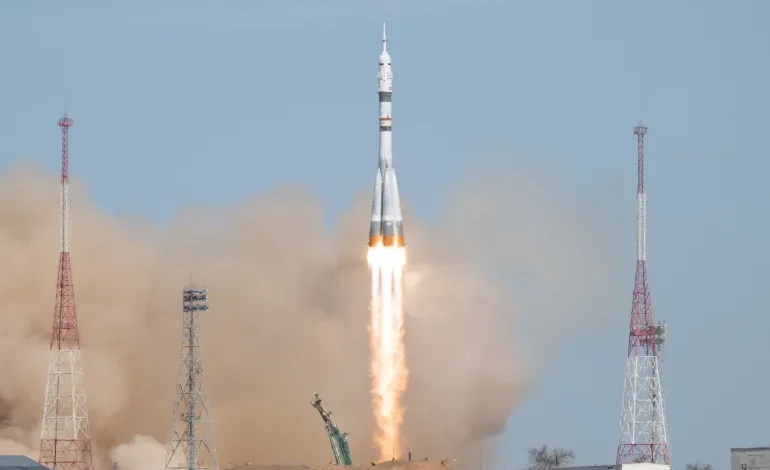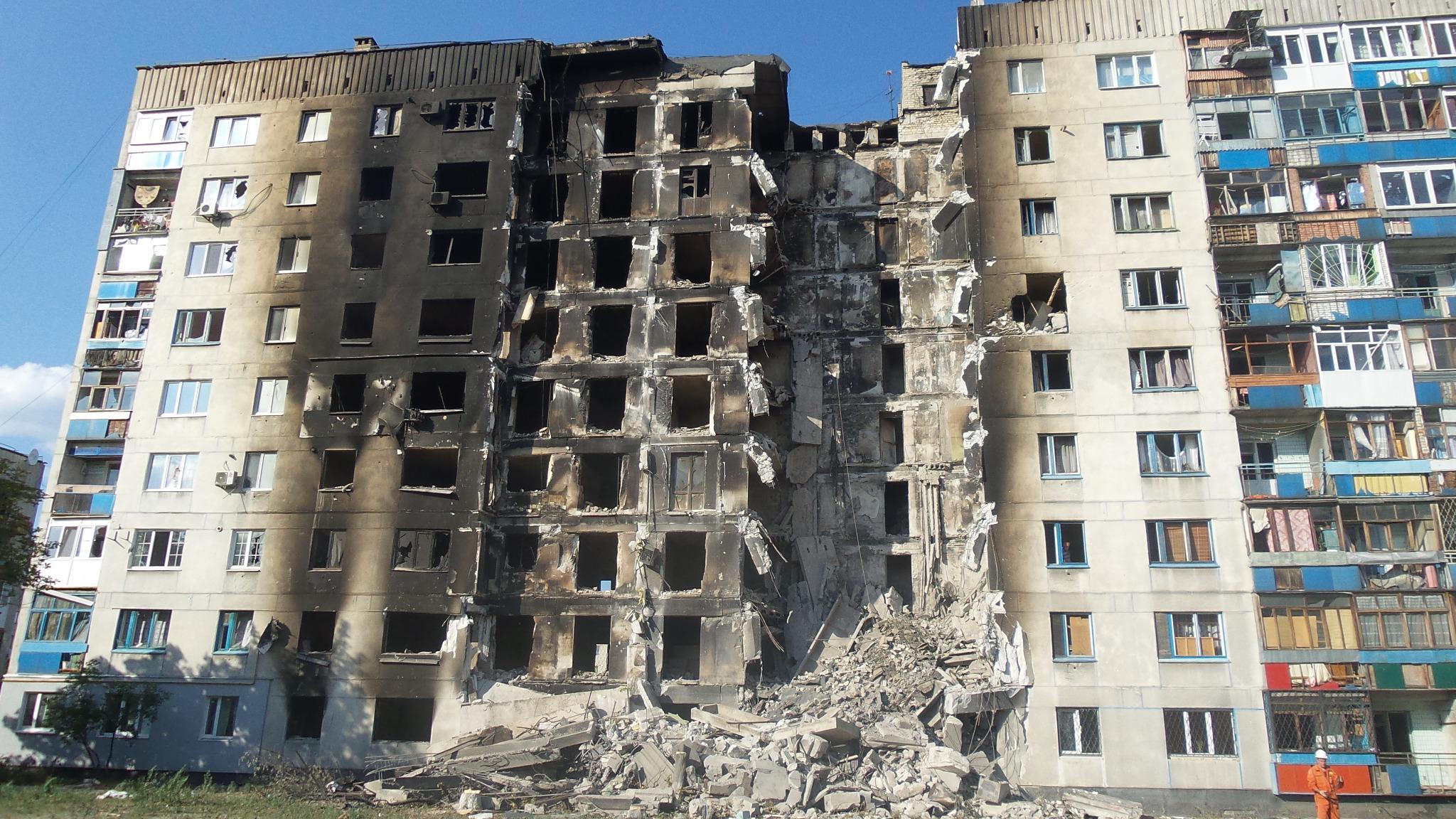US-Russian Crew Docks at ISS in Continuing Space Collaboration

A Soyuz MS-27 spacecraft carrying a joint crew of American and Russian astronauts successfully docked with the International Space Station (ISS) on Tuesday, Al Jazeera reports.
The launch, which occurred at 10:47am (05:47 GMT) from the Baikonur Cosmodrome in Kazakhstan, highlights the continued cooperation between the US and Russia in space exploration.
The crew, consisting of NASA astronaut Jonathan Kim and Russian cosmonauts Sergei Ryzhikov and Alexei Zubritsky, will conduct 50 scientific experiments during their mission before returning to Earth on December 9, according to Russia’s state space corporation Roscosmos.
The Soyuz rocket was decorated to commemorate the 80th anniversary of the end of World War II.
Despite broader geopolitical tensions, particularly related to the conflict in Ukraine, space flight remains a collaborative endeavor between the two nations. While other partnerships with Roscosmos have been curtailed due to sanctions, this mission demonstrates the enduring nature of the US-Russian space relationship.
Kirill Dmitriev, President Vladimir Putin’s investment envoy, emphasized the historical significance of this cooperation, tracing its roots back to the 1975 Apollo-Soyuz mission. That mission, which saw the first international handshake in space, symbolized Cold War detente.
Dmitriev also suggested potential future collaborations, indicating that Moscow might supply a small nuclear power plant for a mission to Mars planned by SpaceX CEO Elon Musk.
In recent years, the Russian space program has faced challenges, including funding shortages, corruption allegations, and mission failures. The Luna-25 probe, Russia’s first lunar mission in nearly 50 years, crashed on the moon in August 2023.
Moscow has been actively expanding its space cooperation with other nations, including China, which remains the only country to have successfully landed a probe on the far side of the moon. As the ISS approaches the end of its operational life, Russia has announced plans to develop its own independent space station, with the first two modules expected to launch in 2027.









The latest news in your social feeds
Subscribe to our social media platforms to stay tuned